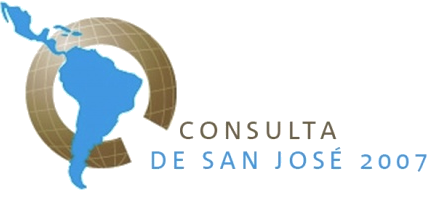Copenhagen Consensus Latin America: Poverty and Inequality
Assessment Paper
By Sebastian Galiani
The working paper used by the Expert Panel is available for download here, the finalized paper has been published in the Latin American Development Priorities: Cost and Benefits book by Cambridge University Press.
Short Summary
Poverty still is one of the central problems in Latin America and the Caribbean. As measured by international poverty lines, approximately one out of every five people in the region is poor. Consequently, the elimination of poverty continues to be one of the main challenges facing the region and remains at the top of its policy agenda.
Clearly, one way to reduce absolute poverty is by stimulating economic growth. In reality, it is unlikely that poverty can be reduced by any significant degree without persistent economic growth. Ultimately, an economy that grows on a sustained basis is an economy in which wages will be rising, thereby lifting households out of poverty. Even though growth is fundamental in the battle against poverty, it is unlikely to be enough, even when growth is very rapid.
Thus, at the micro level, the author favors interventions that, via redistribution, increase the current consumption of the poor, alleviating poverty. In fact, redistribution is a critical component of an effective welfare state that is missed in LAC. He also favors interventions that also cause investments in human capital that in the future would help poor households to pull out of the actual asset trap they are immersed. These interventions, by improving the current and future consumption of the poorest members of society, will also reduce inequality in the region.

